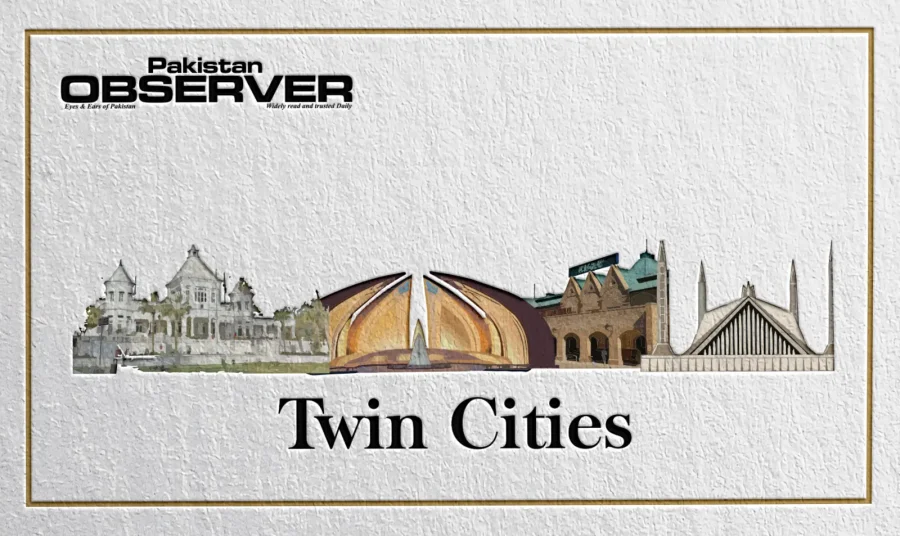Zubair Qureshi
Methane emissions from Pakistan’s dairy industry pose a grave challenge to climate and burden the already fragile economy of the country for seeking a way out to keep carbon footprint at the minimum. A workshop in this regard was organized by the United States Agency for International Development (USAID) to boost climate investment in developing countries like Pakistan and brought together stakeholders from various sectors to develop a programme for reducing methane emissions in the dairy industry.
Ambassador of the United States (US) Donald Blome addressed the event calling upon the participants to come out with some sustainable and practicable solutions.
“By reducing these emissions by nearly half by 2030, we can contribute significantly to the global goal of keeping temperature rise under 1.5 degrees Celsius — a key target of the Paris Climate Agreement,” said the US ambassador adding “The workshop marked an important step towards addressing this issue and building a more sustainable future for Pakistan.”
Addressing the event, Federal Secretary for National Food Security and Research DrFakharAlamIrfan said the United States and Pakistan had a history of collaboration on development challenges. The workshop was part of the US-Pakistan “Green Alliance” framework, focusing on sustainability and climate resilience.
He expressed the Government of Pakistan’s appreciation for the initiative, stating, “We warmly welcome this initiative from the United States, which aims to enhance our nation’s climate resilience, mitigation, and adaptation efforts.”
This programme will be submitted for funding from the Green Climate Fund, supporting Pakistan’s efforts to meet its climate goals.
Methane, a potent greenhouse gas, contributes significantly to global warming. Cutting methane emissions is crucial for limiting climate change impacts.









